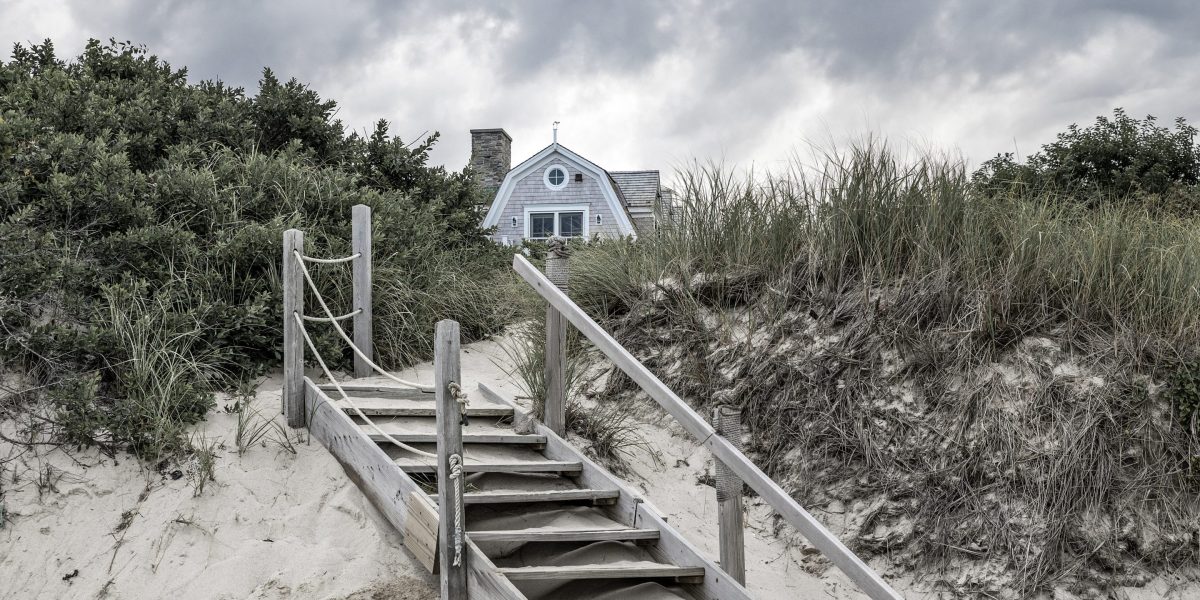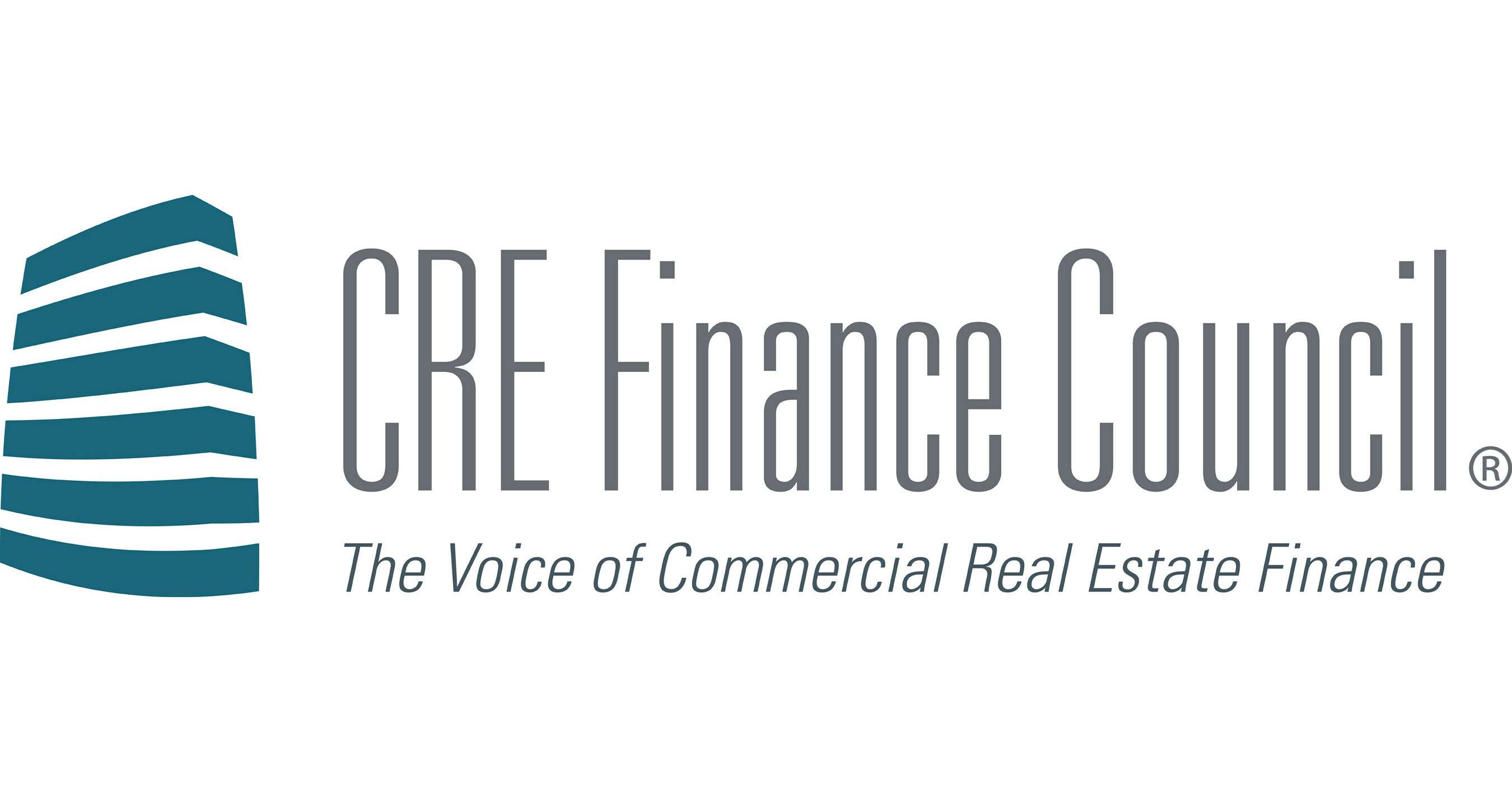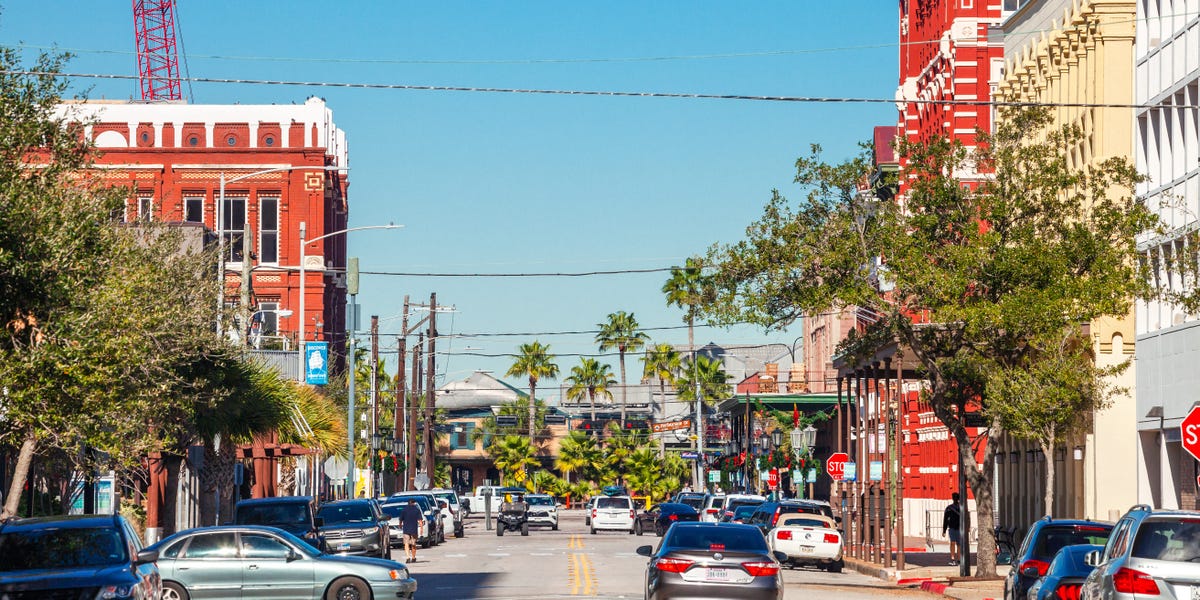C
ape Cod, a Massachusetts beach town, is one of the most expensive housing markets in the US. The median home price is around $600,000, but waterfront properties and luxury homes can exceed $1 million. A proposed tax on wealthy homeowners could make these properties even more costly.
The Barnstable County Assembly of Delegates is considering a 2% surcharge on luxury-home sales above $2 million to generate up to $56 million per year for affordable housing. The goal is to make Cape Cod a place where working families, seniors, and young people can afford to live.
Currently, most homeowners in the area are affluent second-home buyers, high-paid remote workers, or investors. Homeowners need to earn around $200,000 to $300,000 per year to afford a home on the Cape, while many local workers earn much lower wages compared to the rest of the state.
A transfer fee is seen as a way to reallocate wealth from second-home buyers to support the community's workforce. It could help build more affordable housing options like duplexes or apartment complexes for average wage earners.
Cape Cod isn't the first expensive city to introduce an extra tax on luxury properties. Los Angeles has a "mansion tax" that adds 4% to property sales above $5 million and 5.5% for sales over $10 million. Rhode Island also has a mansion tax targeting luxury second homes, which will increase next year.
The proposed Cape Cod transfer fee is part of an effort to address the region's housing affordability crisis. By taxing wealthy homeowners, the goal is to generate revenue for affordable housing and make the community more inclusive for working families and young people.















